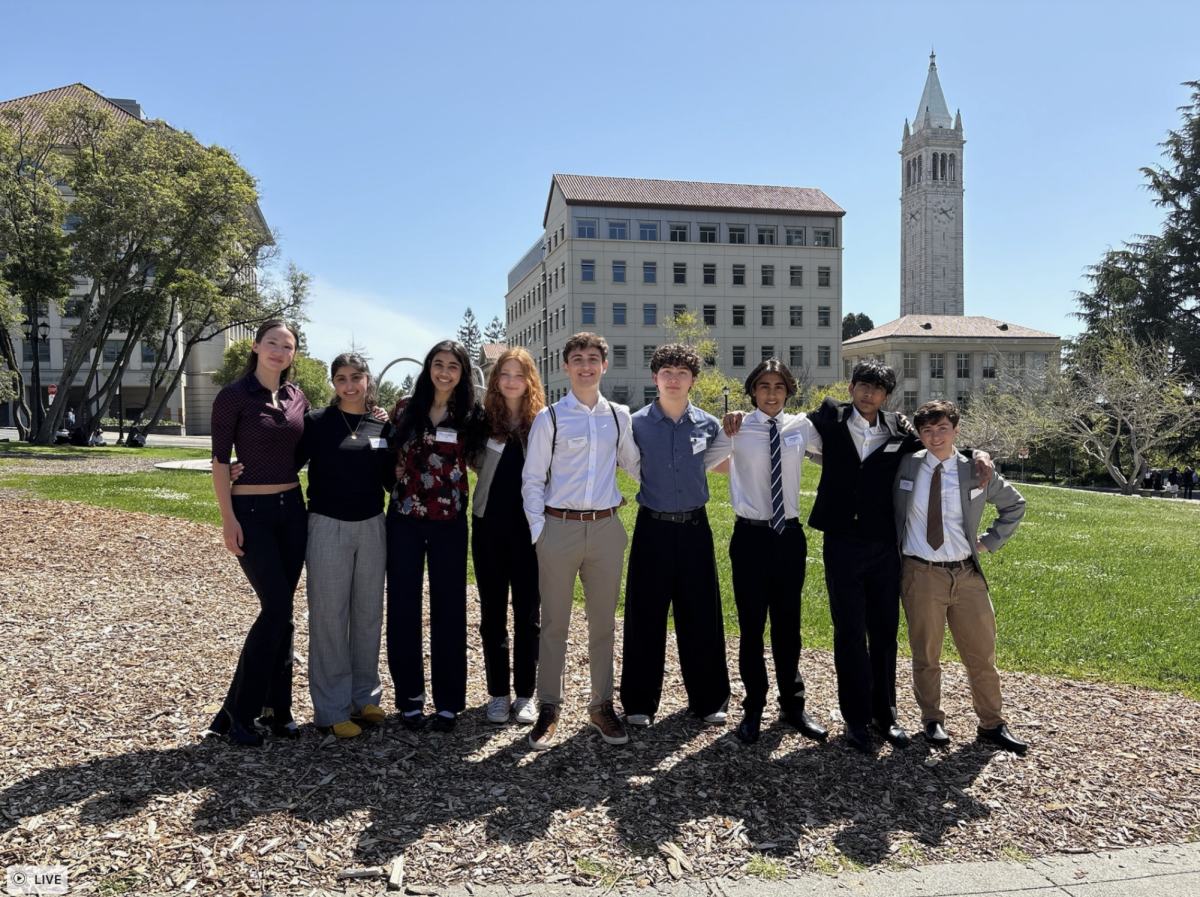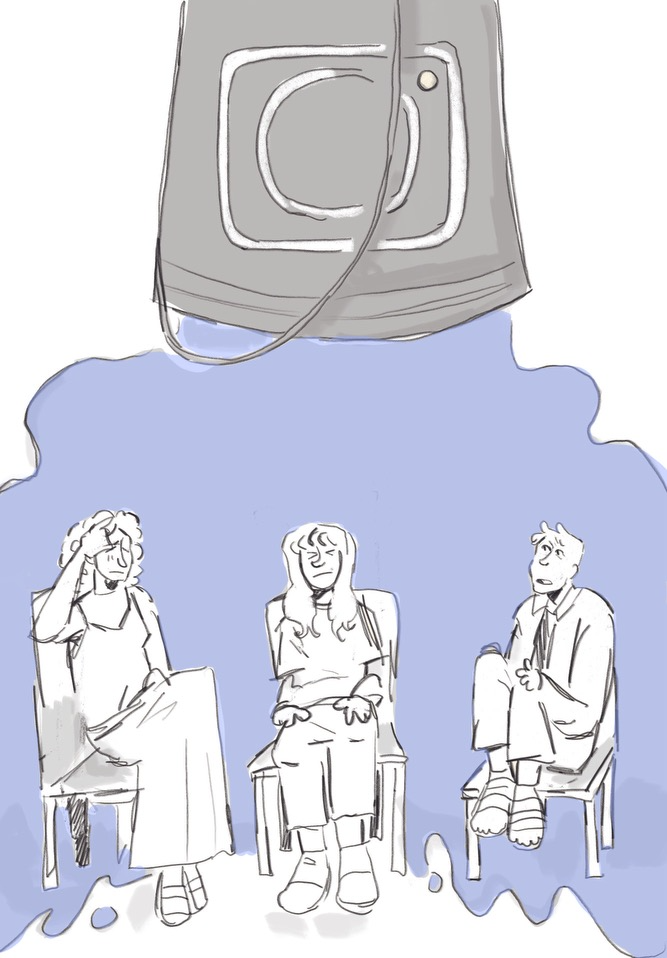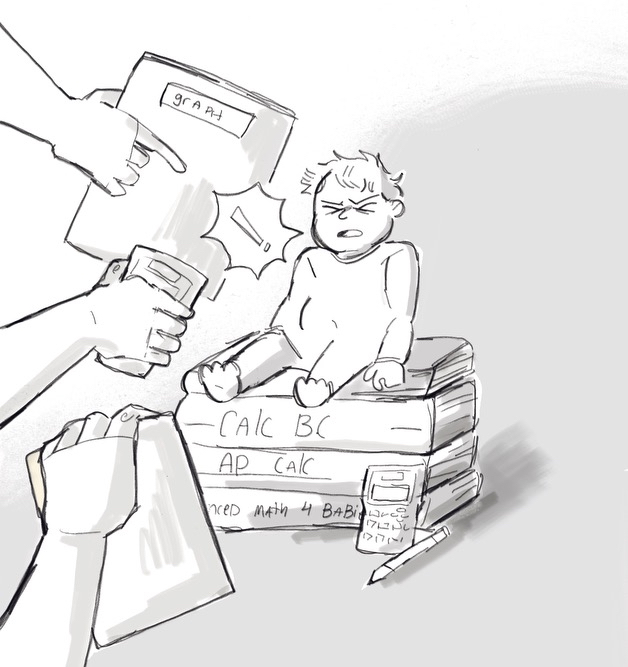 Putting Anxiety into Perspective
Putting Anxiety into Perspective
After jumping off the Empire State building, you accelerate towards the bumpy gray concrete, which will annihilate you in approximately eight seconds. Your dreams of college acceptances, athletic successes, and intellectual breakthroughs vanish. Your life will not continue beyond this moment.
Thankfully, a mediocre test score will not push you off of a skyscraper.
But sometimes I forget that the disappointment from suboptimal performances is surmountable, instead allowing my anxiety to reign supreme.
To prevent this, I ask myself three questions, which I call the Rule of Tens, before every anxiety-provoking event. Will my result matter in ten minutes? Will my result matter in ten months? And will my result matter in ten years? Although I usually answer “yes” to my first question, the answer to my third question is almost always “no.” Frankly, the math analysis test that causes my stomach to feel like it’s crawling up my esophagus will not affect my life ten years, or even ten months, from now.
Ten minutes after a stressful event, I always feel relief, even though my results sometimes disappoint me. When I nearly choked on the gag-inducing pressure of the state cross-country meet, I imagined the liberation that I would feel after I crossed the finish line.
If I feel less than-satisfied with my results, I remember that my frustration will soon evaporate. This is where my ten months question comes into effect. Even when a poor result casts a dark shadow upon my mood for a week, I never dwell upon it for very long. After ten months, I rarely remember my dismay.
Lastly, I always remind myself that ten years from now, none of my actions as a fifteen-year-old will matter. At the tenth Piedmont High School reunion, nobody will remember (or care) who earned an A in honors chemistry and who failed the class. Furthermore, our greatest successes and most embarrassing failures in high school will not determine our happiness as twenty-five year olds. Our happiness, both now and in the future, relates to the fulfillment we feel from our passions and interpersonal relationships.
For me, viewing the stresses of high school through a long-term lens dims my anxiety about the details. When I consider the Rule of Tens, I activate a parachute in my fall to the ground: while the future is still uncertain, I am confident that I will be fine.
Feeling prepared for a stressful event increases my faith that I will meet my expectations.
A British survey of 1300 students by an organization called ChildLine found that 96% of pupils experience stress while taking exams. I have learned that feeling prepared for a test, whether by studying at home, completing review sheets, or attending G-day tutorial, generally decreases my anxiety.
Also, I rely on preparedness to control my nervousness at cross-country and track meets. Before races, my brain spins with excuses: tiredness, illness, soreness, and even the weather. I have learned to cast my doubts aside and remember that I’ve been training for nearly four years. Focusing on the thousands of miles that I’ve run rather than the one, two, or three miles that I am about to race that I’ve run numbs my nerves.
When I am ill-prepared for an event, I concentrate on putting the event into perspective.
I am sure that the stressful occurrences that I have encountered in high school are only the beginning.
My past three semesters of high school have introduced me to myriad anxiety-provoking phenomena, including challenging classes, standardized testing, and competitive athletics. Last year, I felt unequipped to handle my nervousness, and it sometimes interfered with my performance. Thankfully, as a sophomore I have discovered how to better manage my worry by using two methods: preparation and perspective.





























